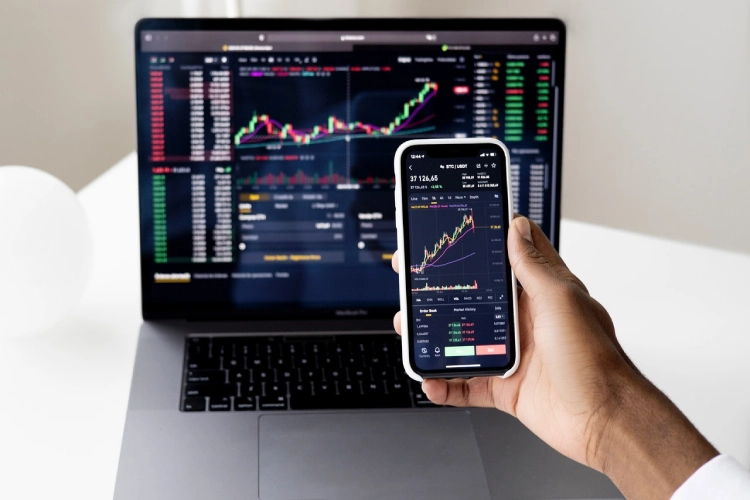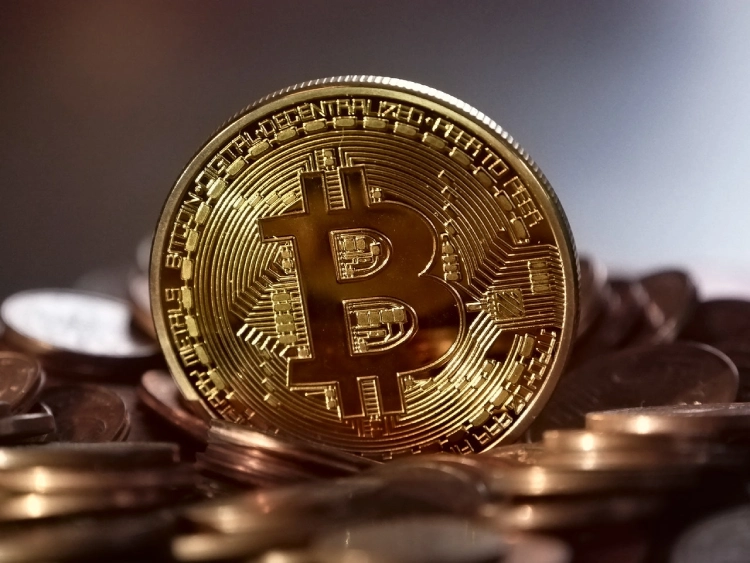While most individuals suffer as a result of inflation, some profit from it since every difficulty gives an opportunity. Inflation has been and will continue to be a deliberate government strategy, used only when there are no other options.
It is a necessity for poorly run countries since inflation is equivalent to a flat tax, and when governments cannot collect enough revenues through their fiscal infrastructure, they resort to printing money with which to spend, which produces inflation.
Aside from incompetence, another driver of inflation is when calamity hits and governments face insolvency, with war being the typical mother of hyperinflation.
When a country goes bankrupt in a struggle, it has to inflate away its liabilities by creating money, which also fills the fiscal hole left by low tax receipts.
With 7% inflation and 1% interest, $100 will be worth only $73 in five years. If the real rate is closer to 10% — and some argue that when all “hedonic” fudging is removed, it may be even higher — then a $100 savings is now worth only $62 after five years.
The question is, is it possible to profit from inflation?
Let’s have a look at some of the options for dealing with inflation:
Buy physical precious metals
Take, for example, gold. Gold is distinguished by the fact that it has traditionally been the asset that preserves wealth, particularly during times of crisis. When the future appears uncertain, gold prices rise. Because of the 2008 crash, gold prices soared from roughly 600 dollars to 1000 dollars in 2007. Investors panicked and began buying gold right away.
The US currency may lose value and possibly become worthless one day, but gold will not. While the US dollar has lost more than 90% of its value in the previous century, gold has retained its worth from the dawn of civilization. In 2010, speculators panicked once more and began buying gold rapidly, pushing gold prices to a record of 1900 dollars. However, the economy has since stabilized, and the gold bubble has popped.
When the economy appears to be improving, investors typically do not purchase gold but instead invest in assets such as equities. As a result, gold prices frequently decline during predictable, steady times. However, when the United States launched a trade war with China in 2019, gold prices began to rise again, and the pandemic worsened the situation. For the first time, gold prices surpassed $2,000 per ounce.
Looking back in time, gold has always been a terrific way to profit from inflation. A single US dollar was a lot of money in 1973, but today it barely gets you candy, while gold prices have soared from roughly 100 dollars in 1973 to over 1800 dollars today.
Property
What most people don’t realize is that currency is a commodity in the market, and its price is decided by demand and supply, among other things.
When the economy was on the verge of collapsing, the Fed decided to inject trillions of dollars into the economy to avert a depression by issuing stimulus checks and purchasing corporate bonds.
Anyone with a basic understanding of economics could see that inflation was on the way. That’s why, back then, everybody who could afford a home, invested in real estate rather than holding cash, especially because interest rates were at their lowest. It makes no difference what the real rate of inflation is, whether it’s 2.4 or 3.4 percent, because housing prices increased by 15%, and other estimates even by 18 to 20%. This means that real estate investors not only outperformed inflation but also gained greatly. But the smartest investors did not simply purchase houses, but also obtained mortgages, because leverage transforms good deals into great deals, especially when interest rates are at rock bottom.
However, there are fields, forests, parking spots, and the ancient job of buying destroyed properties and fixing them up if you don’t want to keep to residential property.
Borrow money at a fixed rate
Yes, I know many of you are opposed to this, but consider this: if a dollar today is worth more than a dollar tomorrow, borrowing a dollar today and returning it tomorrow results in a profit.
Guess who borrowed all that money when the Fed cut interest rates and began buying corporate bonds? The world’s largest corporations, including Amazon, Facebook, Microsoft, Apple, and others, despite the fact that they do not require the funds. Apple is sitting on a cash pile worth more than $200 billion. But it was still borrowed money because why use your own money when you can just dump it into the SP500 and get at least a 10% return on money borrowed on just 1%? Even if you earn a 5% interest rate on the borrowed funds by investing them in your business, you are still profiting by 4%.
Crypto
Many people have benefited from inflation by purchasing cryptocurrency. Yes, cryptocurrency can protect you from inflation, but it is not a stand-alone hedge.
As previously said, one of the reasons bitcoin soared so dramatically was because the Fed began printing trillions of dollars. After purchasing stocks and homes, investors thought, “Bitcoin is like digital gold; therefore, let’s purchase bitcoin as well.”
Many people who were uninterested in bitcoin prior to the outbreak can not recall the price of bitcoin being around 8000 dollars. Prior to the trade war, the price of bitcoin was only $3,600 USD. You could have made a fortune if you were interested in bitcoin when most people weren’t, but people normally get enthusiastic about anything when it’s all over the news. However, the savviest investors entered the market before the majority and have since grown their fortunes.
Don’t let your cash idle around
If you have cash, turn it into assets or at the very least collect it so you can quickly apply it. You can limit yourself to stocks. Stocks are liquid, user-friendly, and entertaining. They will perform an adequate job of keeping up with inflation, but after a prolonged period of inflation, the market may well enter a bear market, making stock choosing increasingly difficult.
When you buy a stock, you are purchasing a stake in a company.
When there is an excess of cash in the economy, the value of that enterprise increases, therefore you are growing with inflation. The goal is to keep your money invested in assets that are inflation-protected.

 A Guide to What Is Bitcoin
A Guide to What Is Bitcoin